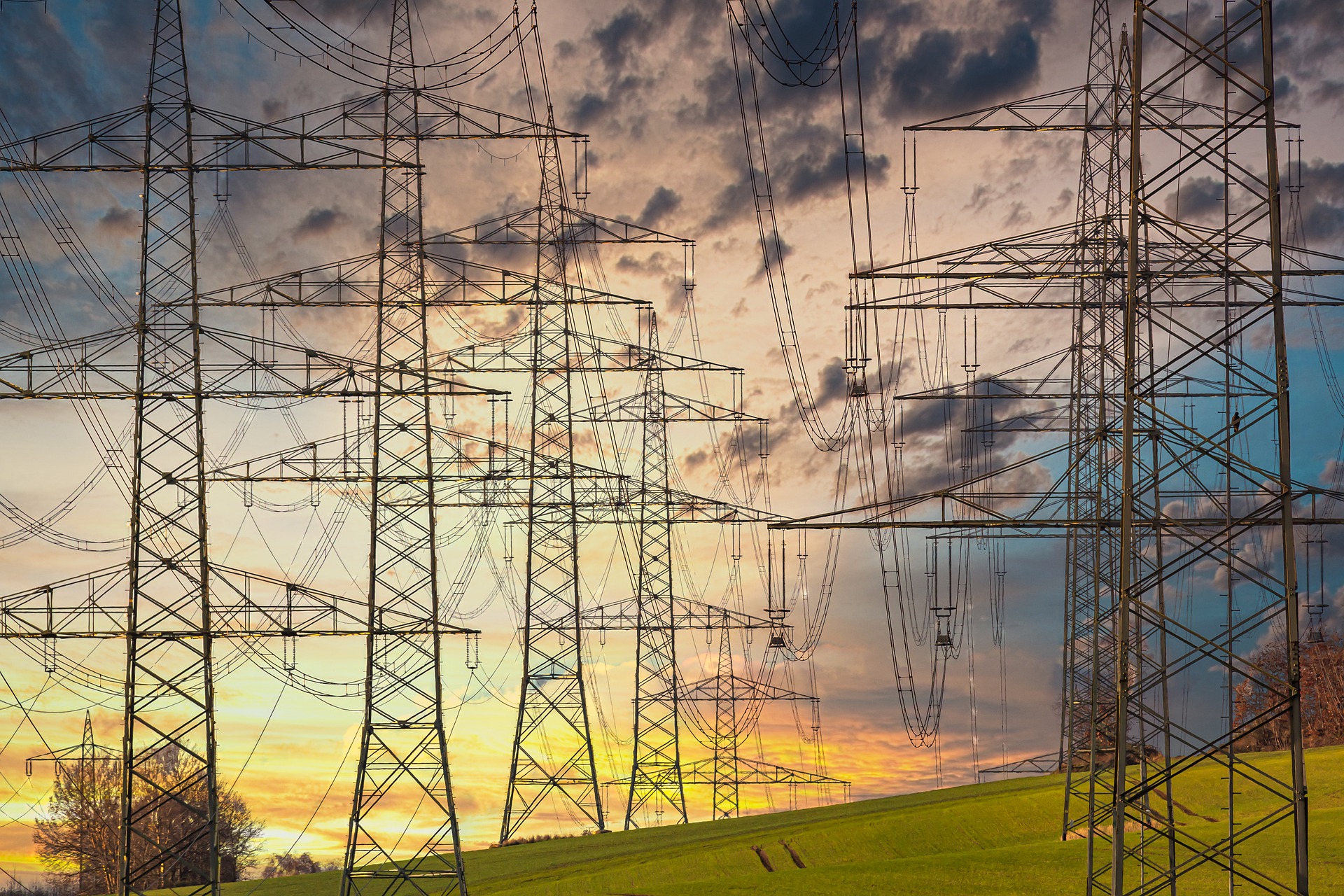Apple has set a new target to become carbon neutral by 2030, this will be across its entire business and manufacturing supply chain.
At the point of sale, the Cupertino company says this commitment will result in its devices having “zero climate impact”. The technology giant says that any company who wants to become a supplier will be required to commit to being “100 renewable for their Apple production”, this will have to be achieved within a 10-year period.
Other technology giants have already made their own climate-focused pledges. Microsoft has committed to going one step further, and has promised to be carbon negative by 2030. It hopes to have removed the same amount of carbon as it has ever emitted from the environment by 2050. The firm has also announced a new consortium which includes Nike, Mercedes-Benz and Starbucks among others. This will be for the purpose of sharing knowledge on carbon-reducing technologies, with the added bonus of helping companies save money on business electricity.
Amazon, the world’s largest online retailer, has set its target date as 2040 to go carbon neutral. The big challenge it has to contend with is converting its entire fleet of delivery vehicles to more eco-friendly energy sources.
Google, known for its search engine and Android operating system, intends to extend its carbon-neutral status it claims for its own operations. The company has not set a deadline yet but this will encompass its supply chain.
All of the above companies have highlighted that their goals are well ahead of the Intergovernmental Panel for Climate Change’s 2050 target. The IPCC insists that this is essential in limiting the effects of global warming e.g. releasing carbon-dioxide emissions. As the shift turns towards renewable sources, business energy prices for traditional fossil fuels will see great change in the years to come.
However, Greenpeace, the environmental campaign group says that these technology giants have a global responsibility to do a lot more at a much quicker pace, as they are amongst the world’s most profitable companies.
Elizabeth Jardim, Greenpeace USA’s senior corporate campaigner, said: “I am happy to see that Apple has worked with suppliers to source actual renewable energy and that it has not relied on low-impact solutions like offsetting or renewable energy credits. But I will want to see how the company is further phasing out reliance on fossil fuels throughout its operations on a near-term timeline.
“At present, the company has matched data-centre energy demand with renewables and committed to do the same for its supply chain. But this is not the same as phasing out fossil fuel use altogether.” She adds that, Google had committed to powering its data centres with renewable energy 24 hours a day.
Apple understands that its plans will require further investment in new eco-friendly projects, in addition to purchasing green energy offsets. These will be used to compensate for further use of carbon-emitting fuels in the short to medium term. Before the 2030 deadline it has set, the company plans to reduce carbon emissions by an extra 75% from its current level.
Nonetheless, it does note that certain types of energy usage e.g. liquid fuel used in long-haul aviation cannot easily be replaced with a ‘clean’ alternative.





